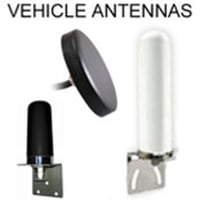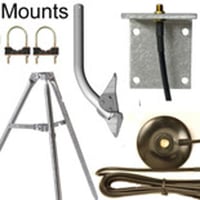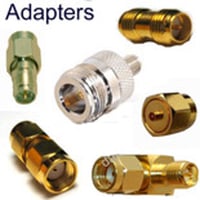GPS BandPass Filters 1.5GHz L1 Frequency Bands 1575 1578 1590 MHz
$28.50
- SKU:
- BandPass1575
- Availability:
- In stock
- Weight:
- 0.20 LBS
Brand:
Data Alliance
GPS Bandpass filters for 1.5 GHz frequency bands
- Three versions: GPS band 1575 MHz; GPS band 1578; GLONASS band 1590 MHz.
- The 1575 and 1578 MHz versions have SMA-female connectors on both sides.
- The 1590 MHz version has an SMA-male connector on one end and an SMA-female connector on the other end.
- Allows signals wtih the specified MHz frequency band range to pass through while attenuating or rejecting signals outside this range. Mitigates interference and enhance overall system performance.

Features:
- Band pass filter BPF 1575M sound meter filter
- Characteristic impedance: 50 Ohms
- Center frequency: Pass band: 25M (depending on actual measurement indicators)
- Insertion loss:<3dB
- Input power:<0.2W
- Connector for antenna cable: SMA
- Size: 45*26*12mm
- Weight: 31g
Applications & Benefits for GPS and GLONASS
Bandpass filters are essential components in GPS (Global Positioning System) receivers, especially when dealing with specific frequency bands such as 1575 MHz and 1578 MHz. These frequencies correspond to the L1 band, which is the primary frequency used by GPS satellites to transmit signals to receivers on Earth.


















